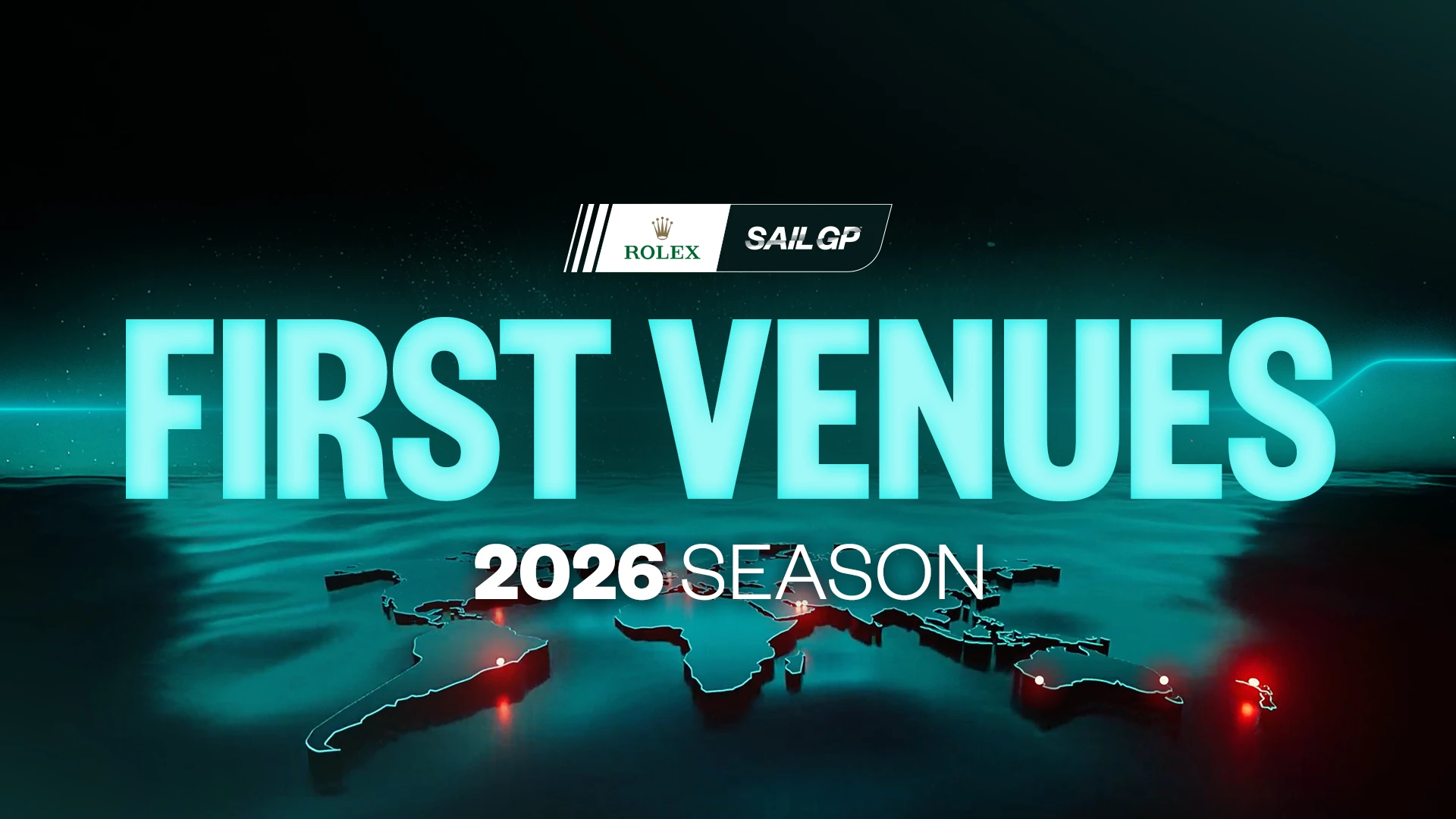Nathan Outteridge and Iain “Goobs” Jensen (AUS) are the current Olympic 49er champions and they have three world championships to their credit as a team. But they have been beaten the last three times they have raced in this class, by the Olympic silver medallists Peter Burling and Blair Tuke of New Zealand.
Unsurprisingly to anyone who knows him, Nathan Outteridge is not the least bit fazed by the Kiwi's winning streak.
“The only thing that matters is where you come in your last event,” Outteridge told me at the America's Cup skippers media conference in London. “Our focus is on the ones that count and this (the upcoming World Championship in Santander, Spain) is the benchmark.”
Outteridge and Jensen have always based their success on putting a solid regatta together. They can be win-less halfway through an event yet go on to take the gold medal by a huge margin, as they did at the London Olympics and the last major ISAF Worlds at Perth 2011.
Unfortunately for the Australians' chances, at Santander there are two factors that weren't present at the London Games.
Firstly, the Kiwis are full of confidence. Legendary yachting broadcaster Peter Montgomery said to me after the 2012 medal presentations, “I'm really pleased with Peter and Blair. They're not happy with Silver.”
According to Montgomery, too often Kiwis are happy to settle for a silver or a bronze, thinking that's a great achievement for a small country. But Burling, in particular, has a different mindset. He hates to lose, and like an All Black team in full flight, when he and Tuke get their confidence up they expect to win and usually do.
Outteridge acknowledges that his America's Cup commitments and too little time in the 49er has handed the Kiwis a huge confidence boost. “We'll just have to take their confidence away,” he says with a grin.
The other factor that may count against the Australians is that at Santander the qualifying series is just five races. Usually the 49ers contest a qualifying series of 15 races, followed by a double-points medal race. And the longer a series goes, the better the Aussies get as their opponents usually stumble and fall. But the new format calls for five in qualifying, then another six in gold fleet followed by the medal race. They will race twice a day, instead of the usual three times.
“Peter and Blair have found more boat speed than they had at the Olympics,” Outteridge explained. “That lets them get out of bad situations. They've got what we had at the Olympics.”
I have often stated that, in my opinion, Nathan Outteridge is the most naturally gifted small boat sailor in the world and Iain Jensen is one of the most under-rated. A key to their success is that they each trust the other 100%. Jensen's job is to make the boat go fast and Outteridge's job is to use that speed to put it in the right place on the course. Neither worries about the other, knowing he is doing what he's supposed to do.
This was epitomised during a heat at the London Olympics when they had a poor start and found themselves at the back of the fleet. As they sailed past the media boat, Goobs was a picture of concentration, eyes fixed on the sails and making tiny adjustments to get the skiff to fly. In contrast, Nathan's eyes were out of the boat, scanning the course for wind shifts and checking the position of his major rivals.
They worked their way through the fleet to a creditable fifth place and their coach Emmett Lazich said later that it was the best he had seen them sail.
They will need plenty of that concentration and commitment when the Santander Worlds get underway later in the week. And they will need some good early form to qualify for gold fleet – and to dent the confidence of those pesky Kiwis.
– Roger McMillan























